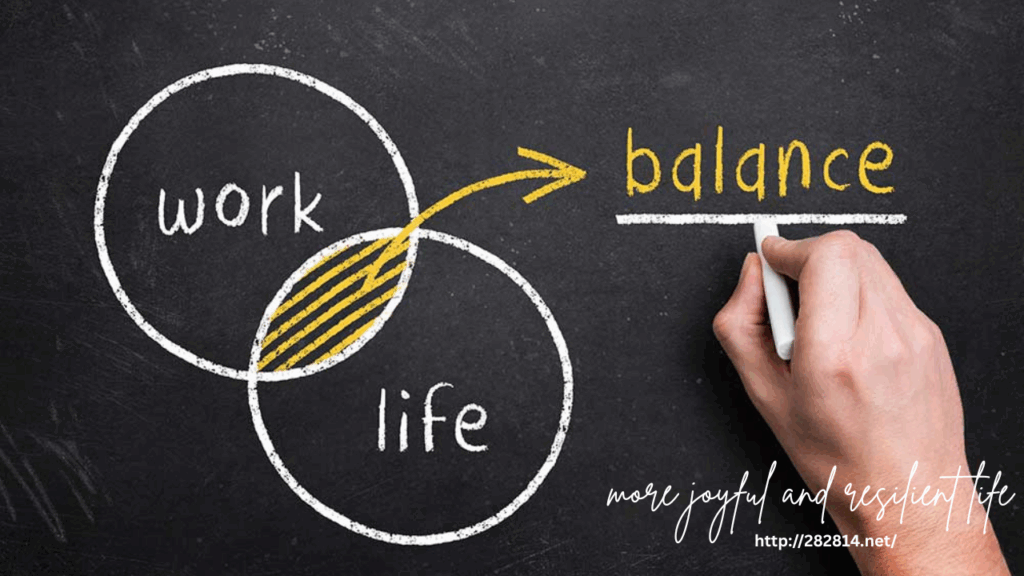
In our modern, fast-paced world, the pressure to be constantly productive can overshadow the essential need for balance. True well-being comes not from relentless work or fleeting leisure, but from harmonizing work, rest, and play in a way that nurtures both body and mind. Making intentional choices to support this balance leads to greater mental clarity, emotional resilience, and physical health.
The Importance of Work
Work is an integral part of life, providing purpose, financial stability, and a sense of accomplishment. Whether it’s a traditional career, caregiving, or creative endeavors, meaningful work can be deeply fulfilling. However, overworking or attaching identity solely to productivity can lead to burnout, stress, and physical exhaustion.
To maintain a healthy relationship with work, set clear boundaries. Define work hours, take regular breaks, and avoid bringing tasks into your personal time. Prioritizing tasks and delegating when possible can also prevent overload and allow space for other aspects of life.
The Necessity of Rest
Rest is not a luxury—it’s a necessity. Quality rest, including sleep and downtime, restores energy, supports cognitive function, and strengthens the immune system. Without adequate rest, decision-making suffers, emotions become harder to regulate, and physical health declines.
Sleep should be a top priority. Aim for 7-9 hours per night and maintain consistent sleep and wake times. Additionally, integrate periods of relaxation into your day. Short breaks, deep breathing, or simply unplugging from digital devices can rejuvenate your mind and body.
Mental rest is equally important. Practices like meditation, mindfulness, or quiet reflection help clear mental clutter and build resilience. Giving yourself permission to rest without guilt is a powerful act of self-care.
The Joy of Play
Play is often undervalued in adulthood, yet it is crucial for creativity, connection, and emotional well-being. Engaging in enjoyable activities—whether it’s a hobby, sport, game, or time with loved ones—stimulates the brain, fosters social bonds, and brings joy.
Play encourages spontaneity and stress relief. It allows for self-expression and can reignite passion and curiosity. Schedule time for fun just as you would for work or appointments. Even a few minutes of laughter or a creative outlet can shift your mood and perspective.
Creating Balance
Balancing work, rest, and play requires self-awareness and intentional choices. Start by assessing how you currently spend your time. Are your days dominated by work? Do you sacrifice rest or fun to meet deadlines or obligations? Identify areas where imbalance exists and take small steps to recalibrate.
Time management tools like calendars or habit trackers can help ensure all three elements are included in your routine. More importantly, listen to your body and emotions—they are indicators of when adjustments are needed.
Conclusion
Well-being is the result of a life lived in balance. By valuing work, prioritizing rest, and embracing play, you create a sustainable lifestyle that supports health, happiness, and fulfillment. Achieving this balance isn’t about perfection but about making thoughtful, consistent choices that honor all parts of who you are. In doing so, you lay the foundation for a more joyful and resilient life.